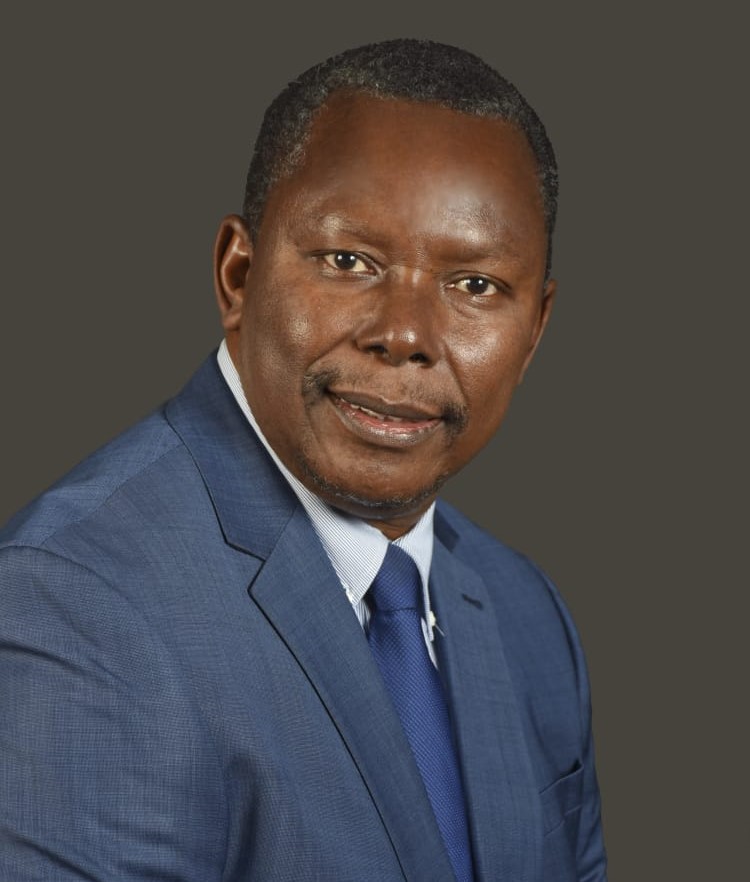
History of the Department
Welcome to the Department of Sociology and Social Work at the University of Nairobi. The Department, which began as the Department of Sociology, was established in the 1968/69 academic year and is one of the oldest and largest departments in the Faculty of Arts. In 1976 the social work program was added into the Department culminating in the current Department of Sociology and Social Work. The Department is located on the fourth floor in room GW 408A in the Gandhi Wing Building at the Main Campus of the University of Nairobi. The Department has 28 fulltime members of the academic staff and 4 administrative and technical staff. Department facilities include faculty offices, classrooms and a computer lab. The department hosts two major undergraduate programs namely: Sociology and Social Work. Both programs offer students an array of timely, topical and innovative courses taught by faculty members who are caring, committed to students and to student learning and actively engaged in research in their disciplines.
As society struggles to face contemporary challenges, sociology as a discipline has much to offer. The department undertakes various studies to help improve the lives of people, groups, and societies as part of its social responsibilities. The sociology program focuses on the study of human society with focus on social life, social change including development, and the social causes and consequences of human behavior. A core feature of this program is teaching a broad variety of both qualitative and quantitative methods of empirical social research. Equipped with these research skills, students of sociology are provided with a range of distinctive perspectives on society to generate new ideas on social structures (e.g. the family, education, social stratification), social systems (e.g. culture and identity, agents of social control) and social issues (e.g. the causes of crime, the impact of unemployment). Sociology therefore offers a real-world account to practically all aspect of social life ranging from crime and criminal behavior, social movements and their impact on society, political class and party systems, interpersonal attraction and how people express emotions, design and delivery of welfare services to issues relating to peace and war.
The Social Work program remains a professional discipline that seeks to improve the quality of life either at an individual, group, or community levels by intervening through research, policy, community organizing, direct practice, and teaching on behalf of those affected by what is variously seen as social injustices and discrimination. The discipline has over the years produced professional whose major property has been working with people with the aim of helping them manage their daily lives, understand and adapt to illness, disability, and death and bereavement, and obtain social services, such as health care, government assistance, and legal aid. Students are encouraged to integrate and practice by using local communities as sites for examining the range of issues, problems and concepts studied in class.
The Department of Sociology and Social Work hosts a range of Programmes (Module I, Module II & Module III) drawn from the fields of Sociology and Social Work Programme distributed as follows:
Module I (Regular Degree) Programme
This Programme admits students who attend classes during the normal working hours – 8:00 a.m. to 5:00 p.m. At the undergraduate level, this programme largely admits students direct from high schools through the Kenya Universities College Placement Services (KUCCPS)
The degrees offered under this programme are:
1. B.A. in Sociology
2. B.A. in Social Work
3. M.A. in Sociology – through Coursework, Research & Thesis
Module II (Parallel) Programme
This Programme admits students who attend classes during the weekdays (Monday-Friday) from 5:30 p.m. to 8.30 p.m. and Saturday 8:00 a.m. to 8:00 p.m. The programme is very popular among those who are currently working but would still wish to further their studies.
These include two ordinary diploma programs, two undergraduate program and a postgraduate program with seven specializations as specified below:
Ordinary Diploma Programs
- Diploma in Social Work & Social Development and
- Diploma in Criminology & Social Order
The two ordinary diploma programs take 3 semesters; students are required to take 10 taught units and a fieldwork that is equivalent to 2 units
Undergraduate Degree Programmes
- B.A. in Sociology and
- B.A. in Social Work
Those taking B.A. Social Work are required to do fieldwork attachment in recommended local institutions
Postgraduate Diploma in Sociology
Students taking a post Graduate Diploma in any of the specialized areas specified below are required to take 8 taught courses
M.A. in Sociology
Students are required to take 12 taught units and write a Project Report. Students can specialize in any one of the following areas:
- Advanced Disaster Management
- Counseling
- Criminology and Social Order
- Entrepreneurship Development
- Labour Management Relations
- Medical Sociology and
- Rural Sociology and Community Development
Ph.D. in Sociology
Students are required to do this degree by Research and Thesis.
You are most welcome to obtain more details on these programmes from the Department of Sociology and Social Work.
CONTACTS
Telephone: + 254-2-3318262/or +254-20-2429997 Ext. 28167
Cell phone: +254-20-2158549
E- Mail: dept-sociology@uonbi.ac.ke
G.G. Wairire (PhD)
Chairman, Department of Sociology, Social Work & African Women's Studies
